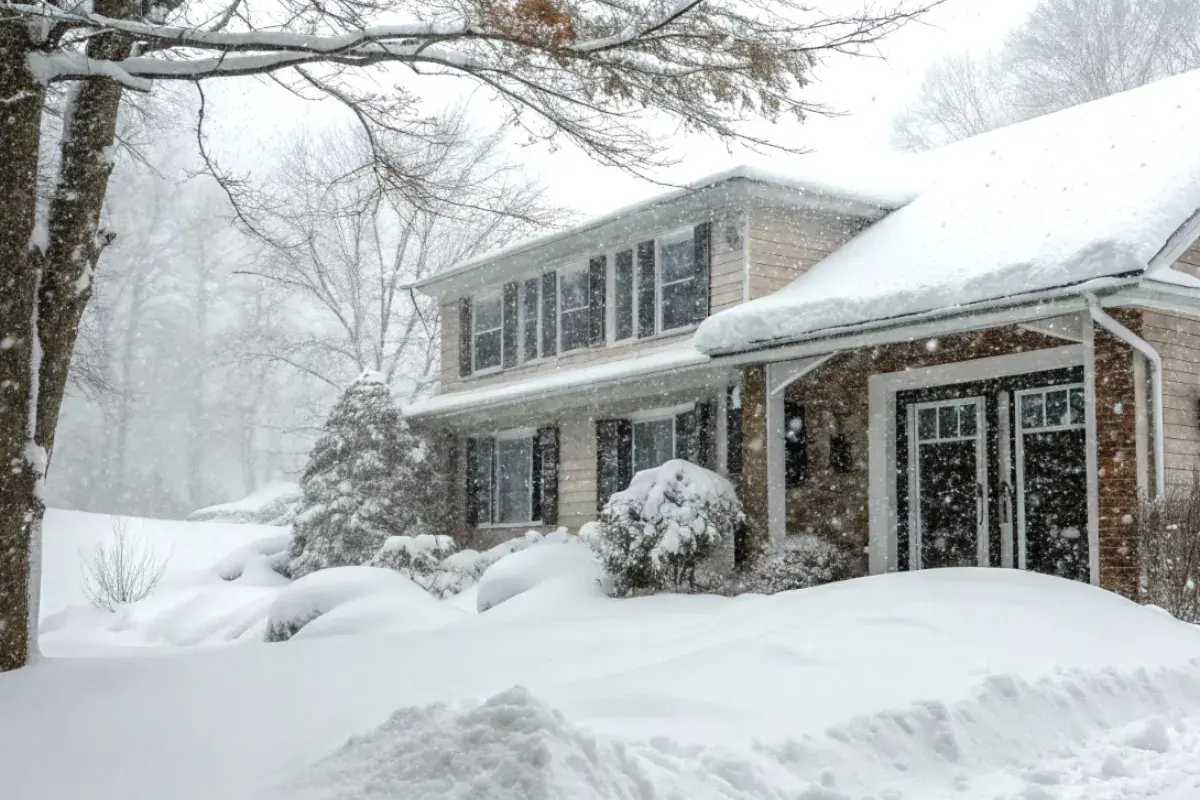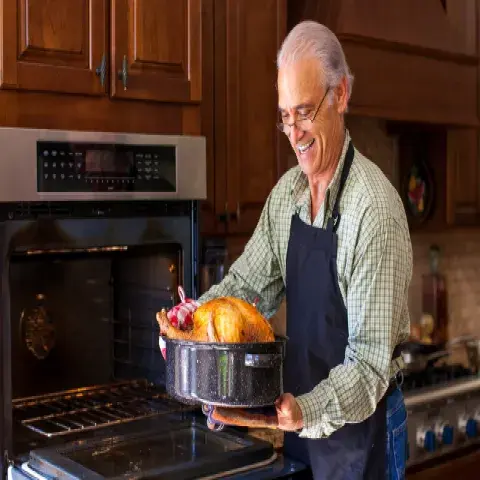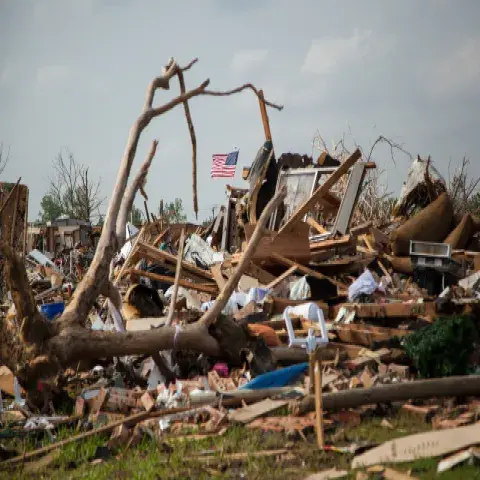Along with all of the warm memories, great meals, and shiny new gifts that come with the holiday season, this time of year poses some unique safety risks, as well. As you’re sprucing up your home for company, cooking a family feast, shopping for the perfect gift, or planning a quiet beach getaway, consider these tips to keep you safe and happy during the most wonderful time of year.
Decorating Safety Tips
Lights – Carefully inspect light strands. Discard any with cracked lamp holders or frayed wires. When buying extension cords, lights, and decorations that use electricity, always look for a UL, CSA International, or ELT certification mark. Either of these certifications ensure that the product complies with applicable safety standards. Also, avoid using multiple extension cords for decorations, especially outdoors. Instead, employ one cord that’s long enough for the job at hand. For securing outdoor lights, avoid metal tacks or nails. Use plastic clips or insulated tape to keep them in place. And, of course, always plug your lights in and check for broken or burnt-out bulbs, or sections that don’t light up, before putting them on the tree or your home’s exterior.
Christmas/Holiday Trees – Fresh is best as Christmas trees dry out over time and become more brittle and prone to catching fire. Also, keep the tree well-watered, away from radiators, and a safe distance from fireplaces, candles, or any type of open flame. For artificial trees, look for the words “Fire Resistant” on the label when you shop.
Cooking Safety Tips
According to the U.S. Consumer Product Safety Commission (CSPC), “an average of 1,700 cooking fires occur on Thanksgiving Day each year.” That figure is more than three times the average number for any other day of the year. Turkey fryers alone have caused insurance companies as much as $9.7 million in claims over the past two decades. Here are some tips to help keep you safe while preparing your next delicious holiday feast:
- Keep flammable items like paper or plastic bags, potholders, and food packaging away from the stove and oven.
- Never leave the stove unattended while cooking.
- Keep children away from the kitchen.
- Avoid loose-fitting clothing while cooking.
- Point pan handles towards the back of the stove-top.
- Have a fire extinguisher handy.
- Never fry a turkey inside your home, your garage, or on a porch.
- Smother pan-fires with a lid, or use a fire extinguisher. Never use water to put out a pan-fire.
- Also, for turkey fryers, follow the manufacturer’s instructions on thawing the turkey as well as filling and using the fryer.
Gift-Giving Safety Tips
Yes, depending on the gift, even presents pose safety issues. In 2019, the CPSC reported that an estimated 162,700 toy-related injuries occurred, including 14 choking deaths to children under 15-years of age. And, while toy recalls continue to decline each year (just nine in 2020 compared to 172 in 2008), a little forethought at the buying stage may avoid potential hazards down the road. Some of the most frequent offenders include scented candles, motorized toys, and items that are small enough for a child to swallow.
Travel Safety Tips
If you plan to take a trip over the holidays, give some thought to home security. Consider installing motion-activated lights that turn on automatically when someone approaches your property. Set up a few indoor timers for living spaces and bedrooms. Even small nightlights give the impression that someone is at home. Never leave your house completely dark. Be sure to lock all of your home’s windows and doors on your way out. And, don’t forget about the garage door or the spare key under the planter near the front door.
One Last Home Tip – Make Sure to Review Your Homeowner’s Insurance
Review your current homeowner’s insurance. Make certain that you have the best homeowner’s insurance policy for your needs. Nowadays, with so many homeowners insurance providers to choose from, there’s no reason to settle on your insurance service provider. The Orion180 Insurance Group offers home insurance in North Carolina, South Carolina, Mississippi, and Alabama.



